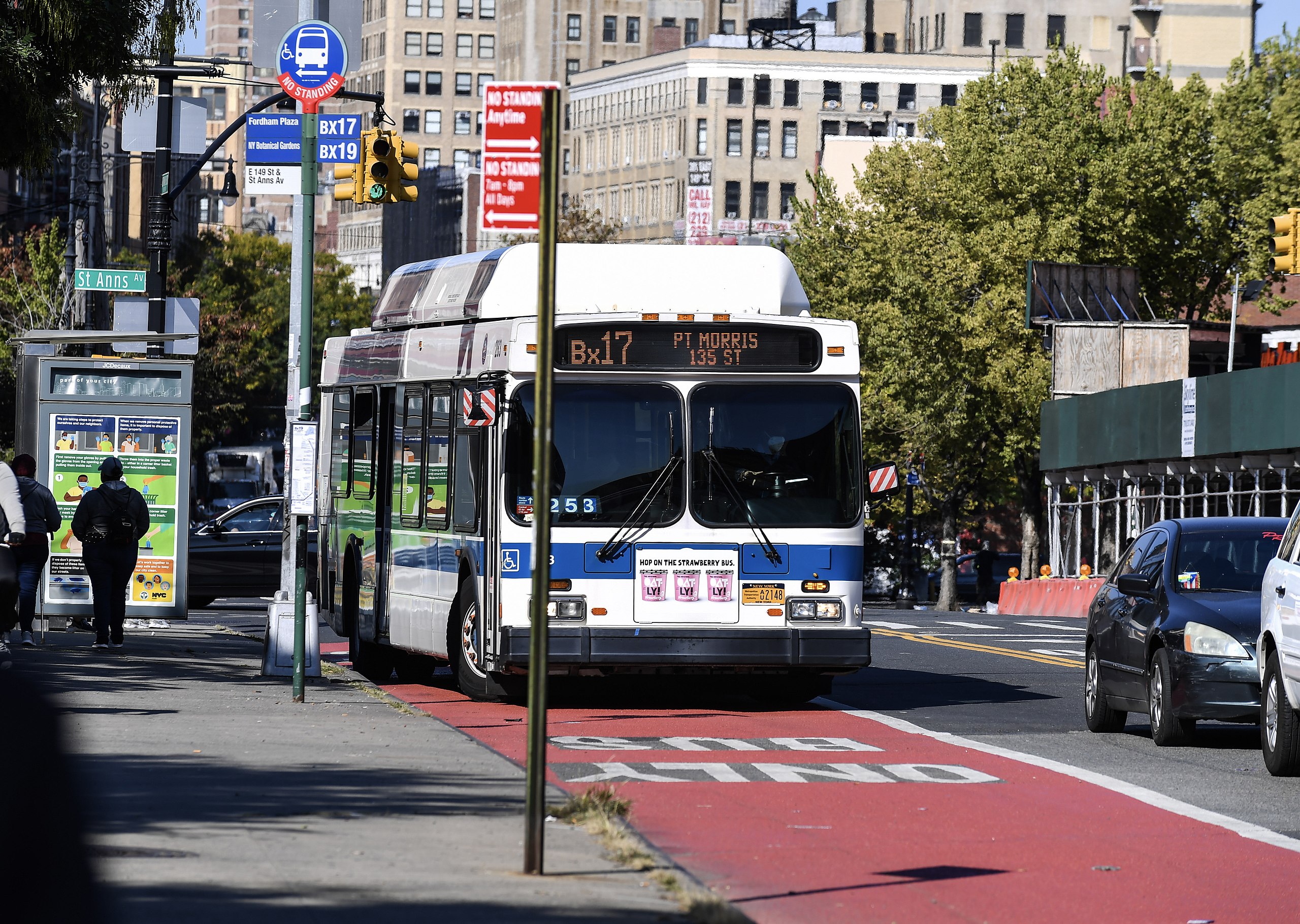
Colorado’s rule that promotes driving less and living more, explained
Why more states should follow Colorado’s example and adopt climate-friendly transportation policies
To protect clean air and our environment, we’re working to build a country where people can get around without relying on polluting cars.
Why more states should follow Colorado’s example and adopt climate-friendly transportation policies
WASHINGTON -- In President Joe Biden’s first State of the Union address, he urged Congress to adopt a suite of clean energy tax credits and other environmental programs, saying his plan will “cut energy costs for families an average of $500 a year by combating climate change.”
The U.S. House of Representatives passed a legislative package on Thursday that would improve water infrastructure, protect drinking water, and repair and expand our transportation system. The package combined several bills, including the Water Quality Protection and Job Creation Act of 2021 and the AQUA Act, under the umbrella of the INVEST in America Act.
In a bipartisan vote, the House Transportation and Infrastructure Committee advanced the “Investing in a New Vision for the Environment and Surface Transportation in America (INVEST in America) Act” early Thursday morning. As part of that “new vision,” in a departure from past transportation bills, it emphasizes fixing existing infrastructure before building new highways.
As every state in the country reopens during the ongoing coronavirus (COVID-19) pandemic, traffic on America’s roads and carbon emissions are returning to pre-lockdown levels. Congress is currently debating how America will rebuild coming out of the crisis, and the much-maligned “infrastructure week” has the potential to result in concrete action. In response to the Moving Forward Act, the following Environment America and U.S. PIRG experts issued statements.
